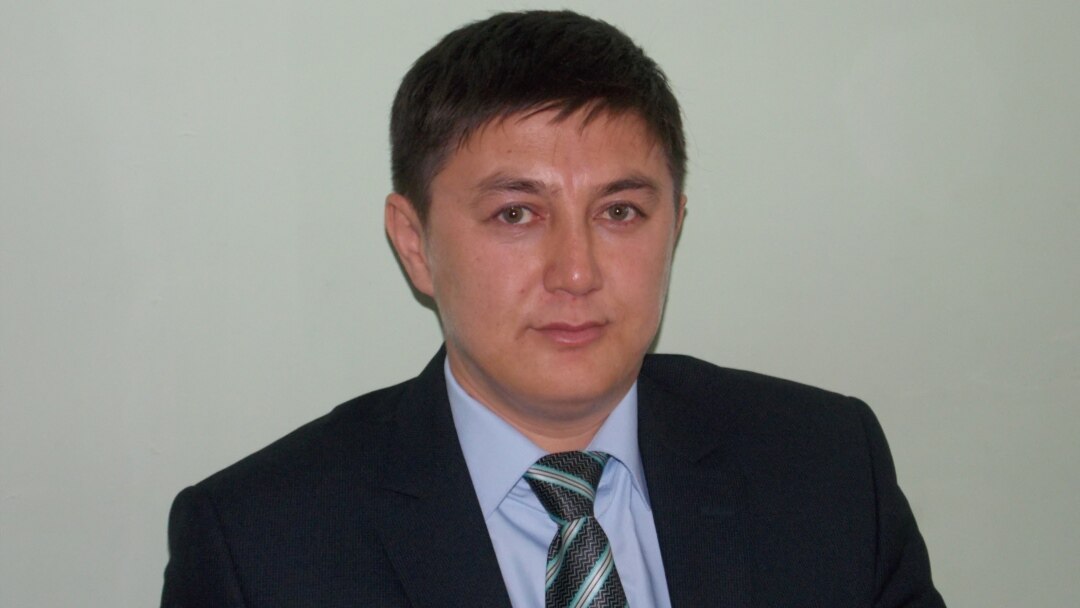In 2023, crude oil remained Kazakhstan’s main export commodity, accounting for $42.3 billion, or 53.8%, of the republic’s total gross domestic product (GDP). According to a proprietary forecast, Uzbekistan may overtake its neighbor in terms of GDP by 2037. This is due to the continuing technological lag in the raw materials-based economy of Kazakhstan, according to economist Marat Kairlenov, who recently discussed ways to diversify Kazakhstan’s economy and create jobs.
“We remain predominantly a raw material country; however, in the GDP structure, agriculture accounts for only 4%, industry — 36%, and services — 56%,” Kairlenov told kapital.kz. He emphasized that changing the economic orientation requires time, and active use of raw materials sector opportunities, as other countries have done during reforms.
The key issue is the equal distribution of national wealth. It’s important to revise agreements with large subsoil producers to increase the wages of citizens. “In 2023, Kazakhstan’s GDP reached 119 trillion tenge ($266.2 billion) with only 31% going to wages. This shows the need for policy correction,” Kairlenov added.
Speaking about economic diversification, the economist mentioned new technologies in mining rare metals, such as high-grade nickel. “Our country is rich in various minerals and we should actively develop their extraction,” he believes. However, oil dependence remains an issue. “The price of oil is crucial, and the war in Ukraine incentivizes countries to give up oil”. He assumes that at an average oil price of $30 per barrel, production will become unprofitable.
In this regard, Kairlenov calls for the active development of other sectors of the economy, such as the extraction of rare metals and the information technology (IT) sector. “We need to get rid of misconceptions, for example, about the contribution of [cryptocurrency] mining farms to the economy,” he stressed.
Kairlenov draws attention to fading investment activity — and the growing number of seized accounts, which indicates negative trends in the economy. “Policies must change to incentivize job creation and improve the welfare of citizens,” he concludes.
How can Kazakhstan create new jobs and stimulate economic growth? Kairlenov suggests a number of concrete steps to create jobs in the country. “Very simple — we need to reduce customs duties on imported cars and machinery to the level of 2010. The same applies to scrappage duty.” Reducing the cost of cars stimulates tourism and the development of agriculture, which needs modern equipment.
In addition, Kairlenov notes the need for infrastructure renewal. “Costs are inevitable for new power lines, pipes and other engineering systems. The whole country needs renewal, which will create demand for machinery and many jobs,” he explains.
It’s also important to create a favorable environment for business development. “Liberalizing the economy is the key to progress. Less regulation is required from the state and more freedom for entrepreneurs.” he added. Kairlenov also calls for attracting foreign investment in promising industries. “Why don’t we launch the production of [railroad] carriages or other goods in which we have advantages?”
Asked about Uzbekistan’s future as a regional economic leader, Kairlenov believes it’s likely. “Competing neighbors may eventually become an incentive for our development,” he says.
The environmental agenda is also an important aspect. Marat emphasises the need to adapt to new requirements and technologies. “‘Carbon neutrality is a challenge, but also an opportunity. We must prepare for the changes now so that we do not fall by the wayside of economic progress,” he concludes.



